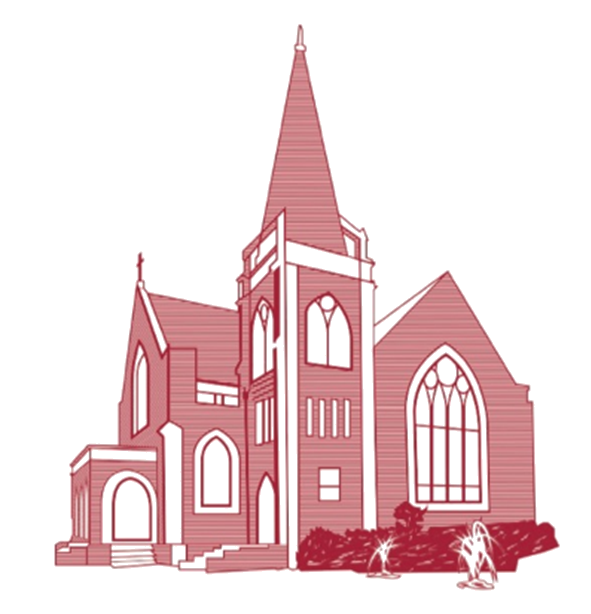Reflection: Freed From Shame
Thursday of the Twenty-ninth Week in Ordinary Time
Optional Memorial of St. John of Capistrano, Priest
Brief Background:
St. John of Capistrano was born in 1386 in Capistrano, Italy. Originally trained as a lawyer and appointed governor of Perugia, he was imprisoned during a political conflict and, during his captivity, experienced a deep conversion that led him to join the Franciscan Order. Known for his eloquence and zeal, he became one of the most renowned preachers of his time, traveling across Europe to reform the clergy and inspire the faithful. A strong defender of the faith, he was instrumental in rallying Christian forces to victory against the Turks at the Battle of Belgrade in 1456. St. John of Capistrano is the patron saint of military chaplains, jurists, and those seeking strength in defending the faith. He died later that same year and was canonized in 1690.
REFLECTION:
A couple of days ago, I wrote a reflection titled “It Only Takes One.” It spoke about how one act of disobedience by Adam was redeemed by one act of obedience by Jesus — and how we, too, are called to be that one: one act of kindness, one act of love, one step of faith can change everything.
Today, St. Paul continues that same thought but through a different image — the image of slavery and freedom. Paul often uses the body to describe the Christian life: what we give our bodies to, what we allow our hearts to serve, becomes our master. Before, he says, we were “slaves to sin.” And we know what that feels like — when temptation takes hold, when our desires control us, and afterward we’re left with that sense of regret or shame. The things of the flesh may feel good for a moment, but as Paul points out, “what profit did you get from them?” The fruit of sin is emptiness.
But here lies the beauty of God’s mercy and love — we are not bound to stay in shame. Paul reminds us, “But now that you have been freed from sin and have become slaves of God, the benefit that you have leads to sanctification, and its end is eternal life.” When we surrender to God, we no longer live under the power of sin but under the grace that heals and renews us.
This is the beauty of confession. We may enter the confessional clothed in shame, burdened by guilt, but we leave wrapped in God’s mercy and love. What once brought us regret now becomes the very doorway to sanctification — to being made holy in Him.
For in the end, “the wages of sin is death, but the free gift of God is eternal life in Christ Jesus our Lord.”
